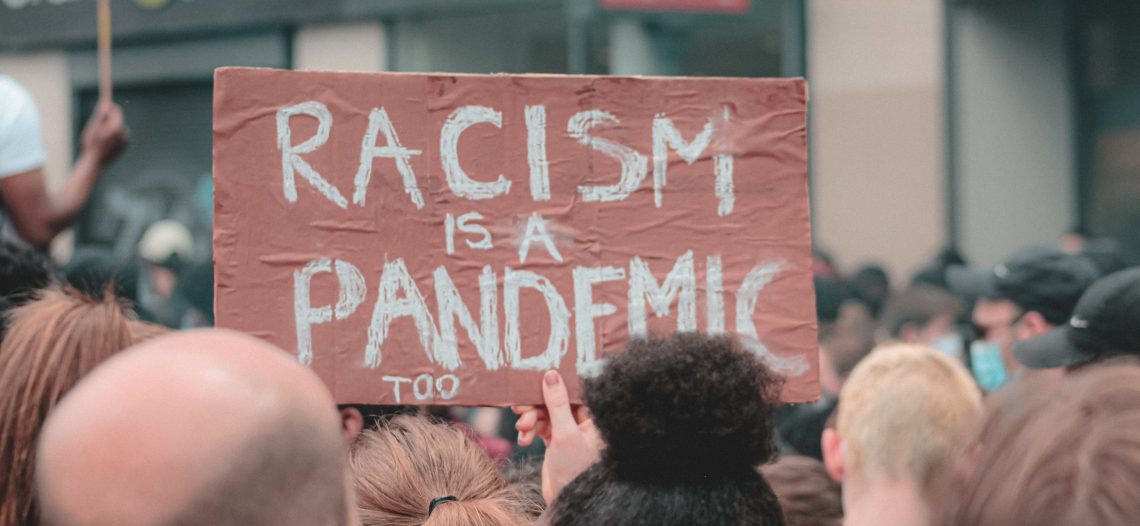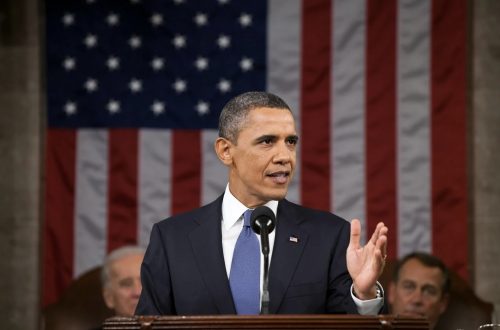Over the weekend, I began and completed John McWhorter’s new book Woke Racism: How a New Religion Has Betrayed Black America. I will not offer a full review here but wish simply to offer some reflections on what I discovered there. The basic thesis of the book can be summarized as a syllogism, and it goes like this.
All religions are irrational.
Wokeness is a religion.
Therefore, wokeness is irrational.
McWhorter spends the rest of the book defining his terms and filling out the implications of this thesis. Religious beliefs are those convictions which are not subject to rational inquiry or empirical verification. The claims of religion are intellectually vacuous, and that is why religious people cannot be reasoned with. McWhorter argues that wokeness is like a religion in the very same sense. It makes intellectually vacuous claims that are not subject to empirical investigation. Indeed, wokeness rejects reason and rationality in favor of feeling and intuition.
You cannot reason with people who are woke (whom he refers to as the “elect”). In fact, this book is not even aimed at folks who have bought into the religion of wokeness. McWhorter believes the woke to be so unreasonable that it’s not even worth trying to persuade them with rational arguments. Rather, the book is aimed at the vast majority of Americans who have not yet drunk the Kool-aid and who need a plan for dealing with the woke religionists that have taken over elite institutions of our culture.
McWhorter thoroughly documents how this toxic ideology has infiltrated and debased so many of our institutions. He traces, for example, how much Critical Race Theory has infiltrated education and has turned many public schools into “Sunday Schools” for wokeness. The woke religionists are coming for our children, and they are doing it through public schools.
Anyone who has read this blog for any amount of time will not be surprised that I resonate with McWhorter’s antipathy for wokeness. He thoroughly exposes its contradictions and how it is poisoning our public life. He urges black people not to bow to the infantilizing canons of wokeness. He rightly warns against its growing influence and calls on readers to stand up and speak the truth. The remedy to the darkness of ignorance is to shine the light of truth. At a basic level, that is what McWhorter calls for. He wants people not to be afraid to speak up against wokeness—a religion which transforms it adherents into progressive racists.
All of that is to the good, and yet from beginning to end I was deeply troubled by this book. And my problems go back to the original syllogism which forms the substructure of the argument. This is a book dripping with contempt for religion, especially Christianity. I do not have a problem with his comparing wokeness to a religion. He first made the connection to religion in a 2015 article, and others have made the connection as well. My problem is with his denigration of religious truth claims as by definition intellectually sequestered and not subject to rational inquiry. That claim is—quite frankly—garbage. And that is why he jeers at Christians, suggesting that they just need to come to terms with the fact that Jesus is dead and doesn’t love anyone (p. 158).
This summary dismissal of Christianity probably helps to explain why his constructive proposals are themselves so inadequate (chapter 5). McWhorter argues that saving black America will not so much focus on “dismantling structures” but on the legalization of drugs (all of them!), teaching children to read through phonics, and making solid vocational training as easy to get as a college education.
I’m happy for all of McWhorter’s proposals to be given a fair hearing—even the ones I disagree with. But what struck me about his recipe for “saving black America” is just how superficial it is. I guess I shouldn’t be surprised that a materialist would default to materialism when prescribing a cure for the human condition. But that is just it. No people are going to be “saved” merely by these kinds of prescriptions. At best, these would be like band aids on cancer, and in that sense they are not likely to offer any better hope than the woke religion he’s arguing against.
This is the problem with secular analyses of culture. They sometimes are very good at recognizing problems, but they are awful at prescribing solutions. If you fail to come to terms with the fact that “this is my Father’s world,” you are never going to come to terms with what really ails the human condition. Blacks and whites won’t be healed by any kind of racism, woke or otherwise. Nor will they come into the fulness of human flourishing through new policy proposals. What they need more than any of that is to be reconciled to God and to one another through faith in Jesus Christ (Eph. 2:15).
If you are a Christian, that is your base level understanding of things. I don’t mean that as a cop-out, as if public policy is unimportant or as if relieving material suffering has no value. I believe that Christians should be engaged in all these things. But I am saying that if you are a Christian, your basic and most fundamental diagnosis of the human condition is always going to come back to the fact that we are image-bearers that are woefully fallen and flawed. All human suffering and evil springs from this fundamental reality. The only cure for that fundamental problem comes from a Savior named Jesus Christ, who McWhorter claims is dead and who therefore loves no one.
If you want to read McWhorter’s book, I think you will find lots of useful information in it about our current cultural moment—some penetrating insights, actually. I also think you’ll find a lot of hopelessness in it. There is no other name under heaven by which men must be saved (Acts 4:12). McWhorter misses that, and that in my view is the fundamental problem with his book.






